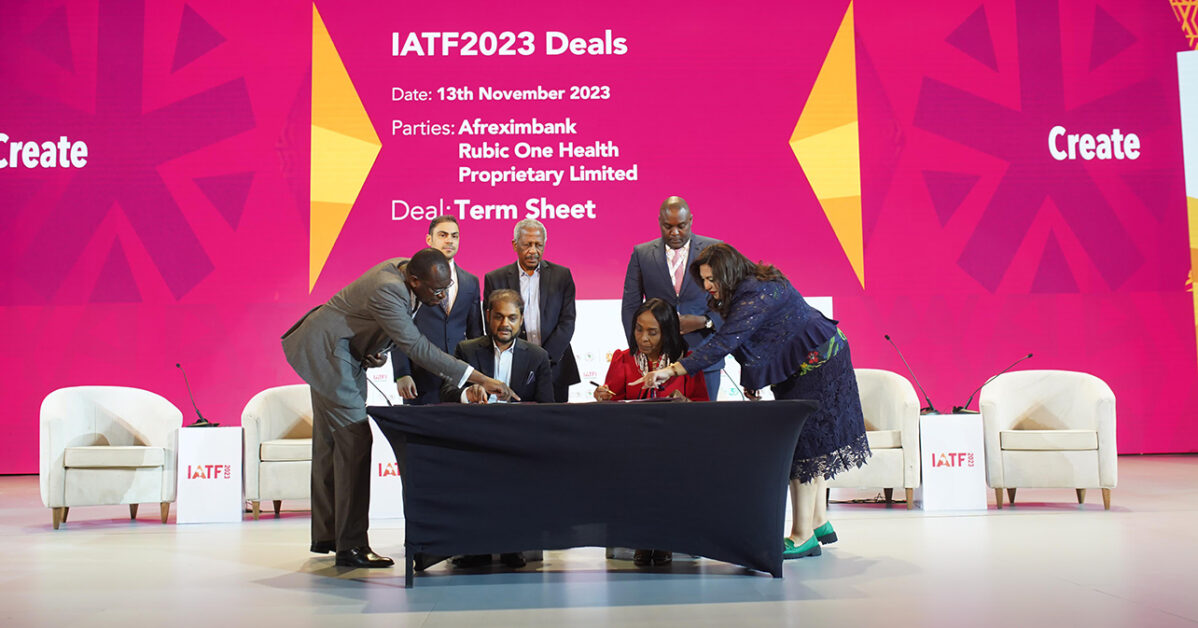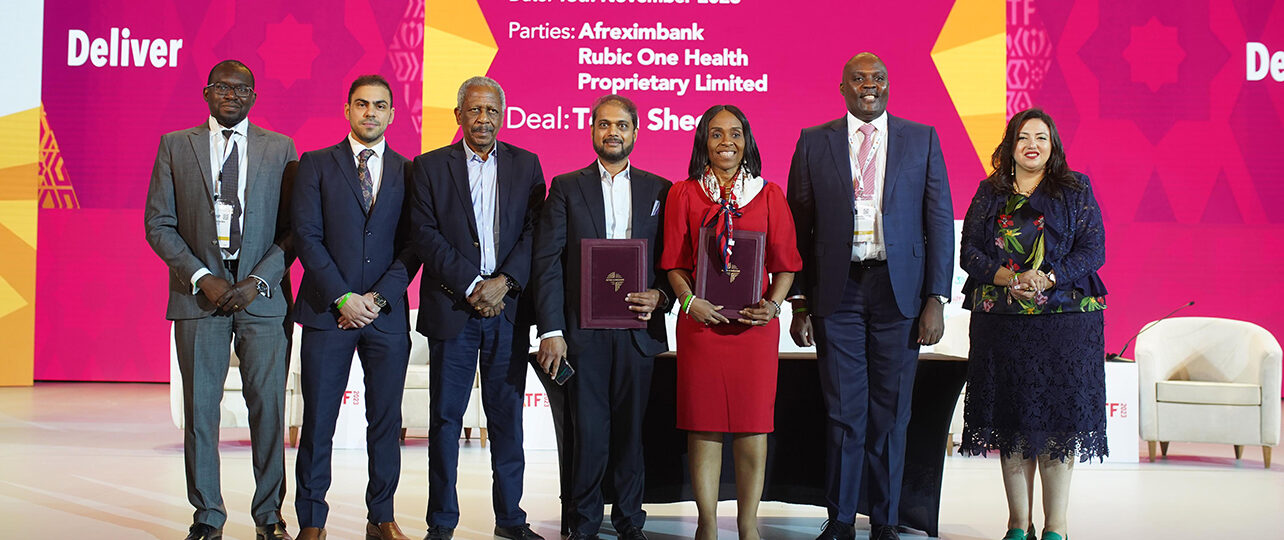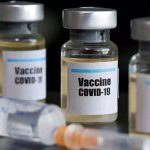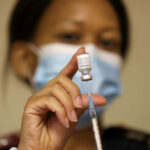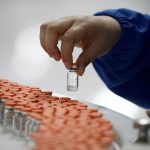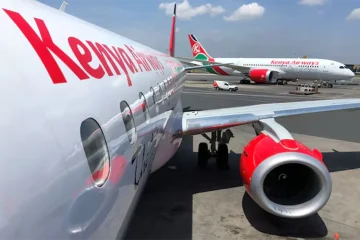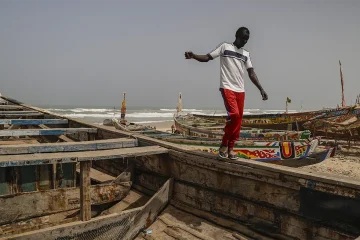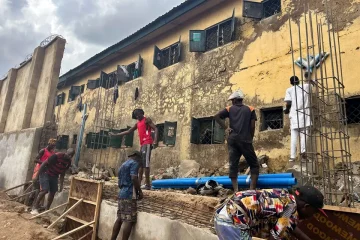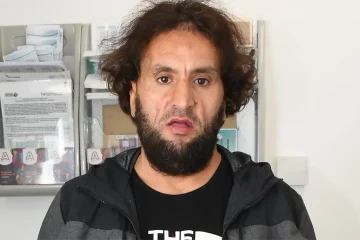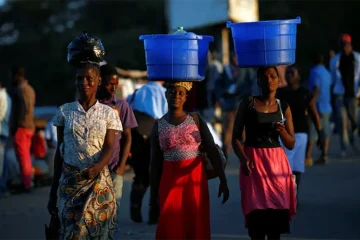THE quest to produce an affordable vaccine suited to humans and animals in Africa has taken a gigantic step closer to realisation.
This follows the historic signing of an agreement between Rubic One Health (ROH) and Afreximaxbank to fund the project preparatory facility for the manufacture of the vaccine.
The vaccine initiative by Rubic One Health is the first of its own kind which is affordable and suited to African conditions. It is also structured to build scientific and manufacturing capacity in Africa.
Dr Julian Naidoo the CEO of ROH said the facility serves as a catalyst to urgently complete work to take the project to full bankability and commission a manufacturing plant within the next 12-18 months.
Naidoo highlighted that the initiative is structured as an eco-social enterprise and intends to be sustainable but have a significant developmental impact.
ROH is a partnership between academics and businesses to address a significant market failure in the access of vaccines in Africa. The ROH team of Promoters consists of leading scientists; economists; regulatory experts; business leaders; and academics, who are committed to the ‘One Health’ approach – the interconnectedness of animal and human health and the shared environment.
The Promoters of ROH realised early in the Covid-19 pandemic that there is significant vaccine inequity in Africa and we are at the mercy of developed countries. Africa imports more than 96% of its vaccines and has very limited manufacturing capacity.
ROH, therefore developed a progressive business model to make vaccines accessible to African countries and other under-served areas.
Dr Julian Naidoo said the core mandate of ROH was to create cost-effective vaccine solutions. ROH is an emerging organisation, which intends to address this failure by the market by improving access to locally manufactured vaccines.
The Chairperson of ROH, Dr Mathews Phosa said: “Our solution will bring much needed high demand vaccines to the Continent that are affordable.”
Phosa highlighted the need to strengthen regional economic development and capacity on the continent. “Our model is structured to build scientific and manufacturing capacity in Africa. We have developed a hub and spoke model, and we intend to leverage capability from experts in North, East, West, Central, and Southern Africa. In this way we will add to the Africa Union’s mission to build regional capabilities,” he said.
Phosa added: “We are well aligned to regional economic integration and the Africa Continental Free Trade Agreement (AfCFTA). We believe that this project will stimulate economic linkages and local economic development in many countries.”
Another core focus of this initiative is to locally develop and own vaccine discovery, development and formulation of Intellectual Property.
Naidoo said: “Rubic One Health intends to be one of the first African vaccine manufacturers, who will develop and own Intellectual Property across the full value chain and not be dependent on big Pharma. ROH intends to establish a cutting-edge vaccine manufacturing facility at the Coega Special Economic
Zone in Gqeberha, South Africa. This facility will operate in adherence to Current Good Manufacturing Practice (‘CGMP’) regulations and is expected to produce a remarkable 27 million doses per annum.
Why is the Rubic One Health Initiative different?
a. Linked to the one health approach. ROH’s offering is underpinned by the inter-connectedness
between animals, humans and our shared environment. Zoonotic diseases have a serious impact on human health. 60% of human diseases are zoonotic. Thus preventing diseases in animals results in a decrease in illnesses in humans.
b. Participate in the Full value chain, i.e. discovery, development, formulation, fill and finish, and
manufacturing. Dr Naidoo notes that while there is growing fill and finish capacity in Africa, we have a huge gap in the manufacturing of antigens (drug substances). ROH will leverage capacity to participate in end-to-end R&D and manufacturing. Dr Phosa highlighted, “We have an aggressive skills development and skills transfer program with a major international industry partner to ensure that our local engineering and manufacturing capabilities are achieved within the first 3-5 years of operations.”
c. ROH is using Innovative technology that will enable the project to produce vaccines quicker; safer; and cheaper! According to Dr Naidoo, this is a game changer in the vaccine manufacturing space. ROH has an expanded license to use the C1 fungal expression system for the development of animal and human vaccines and therapeutics. The technology was developed by Dyadic International, a listed entity on the Nasdaq stock exchange in New York.
C1 is a Protein production platform that can deliver more doses more affordably. The EU Zoonosis Anticipation Preparedness Initiative (ZAPI) study showed that C1 outperformed baculovirus cells in terms of speed, stability, and productivity. It showed that C1 is 300 times more productive and took less time to release antigens. According to Dr Naidoo, this translates to “safer vaccines; quicker production; and larger yields of protein resulting in cheaper end products/vaccines”.
d. The vaccines produced using C1 are safer (no endotoxins, etc.) and are better suited for African conditions as they do not need ultra-cold storage. Dr Phosa noted that “this will save countries significant amounts in cold storage and help distribute vaccines safely in remote and rural areas.”
e. The ROH manufacturing facility will be Strategically positioned in a SEZ in SA. This will make their end products more competitive (given the incentive package) but also facilitate inter-country trade and export promotion via the AFTCA and country trade agreements.
